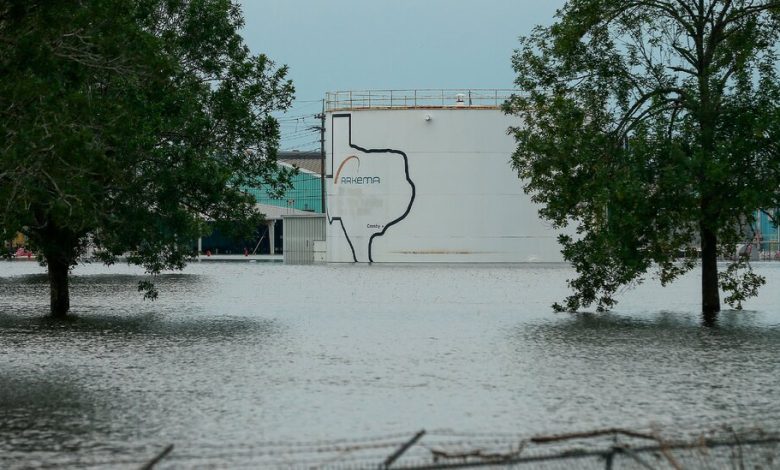E.P.A. Sets New Rules to Limit Damage From Disasters at Chemical Facilities

The Biden administration issued new rules on Friday designed to prevent disasters at almost 12,000 chemical plants and other industrial sites nationwide that handle hazardous materials.
The regulations for the first time tell facilities to explicitly address disasters, such as storms or floods, that could trigger an accidental release, including threats linked to climate change. For the first time, chemical sites that have had prior accidents will need to undergo an independent audit. And the rules require chemical plants to share more information with neighbors and emergency responders.
“We’re putting in place important safeguards to protect some of our most vulnerable populations,” Janet McCabe, Deputy Administrator of the Environmental Protection Agency, told reporters ahead of the announcement.
Administration officials called the stronger measures a step forward for safety at a time when hazards like floods and wildfires — made more extreme by global warming — pose a threat to industrial sites across the country. In 2017, severe flooding from Hurricane Harvey knocked out power at a peroxide plant outside Houston, causing chemicals to overheat and explode, triggering local evacuations.
Some safety advocates said the rules don’t go far enough. They have long called for rules that would make facilities switch to safer technologies and chemicals to prevent disasters in the first place. The new regulations stop shy of such requirements for most facilities.
The lack of tougher requirements was particularly disappointing, the advocates said, because President Biden championed similar measures, as senator, to bolster national security.